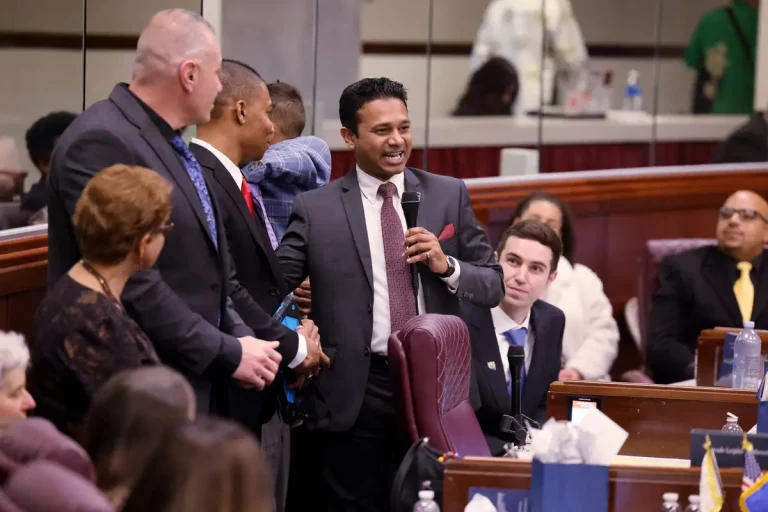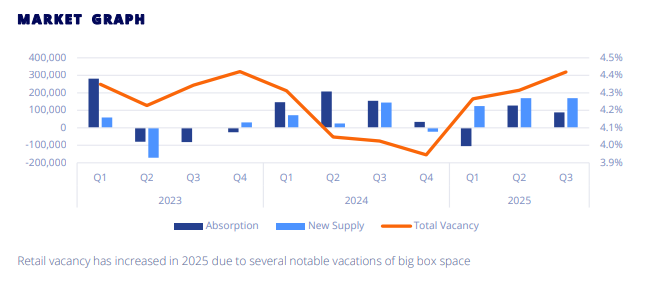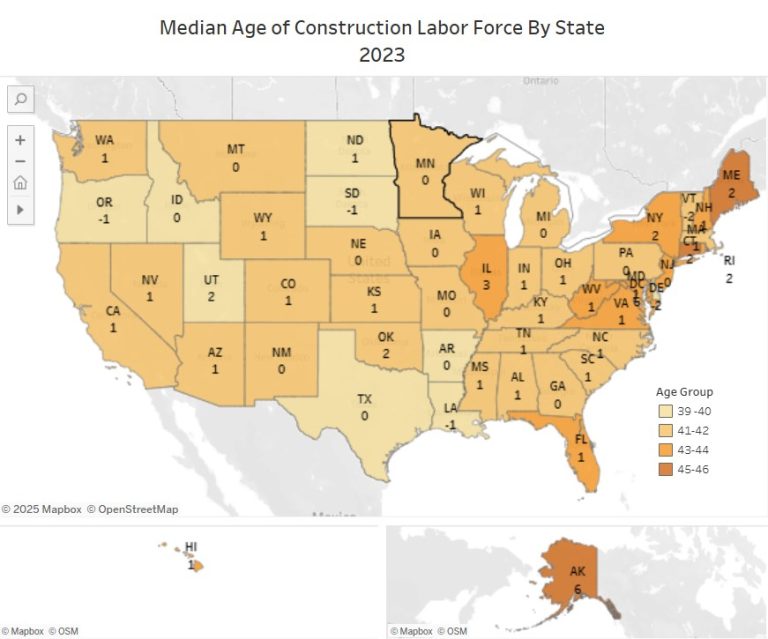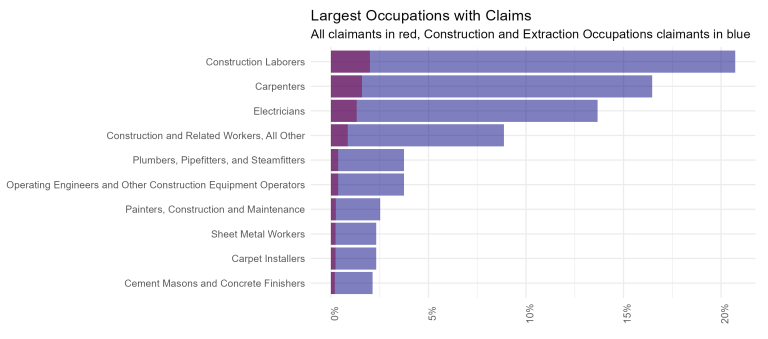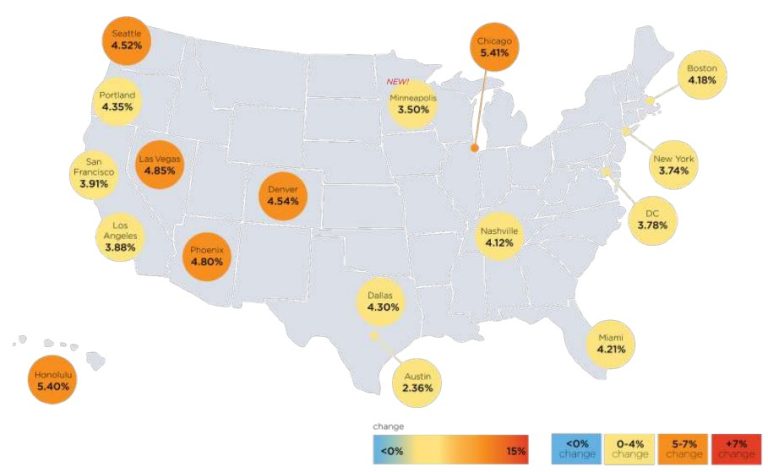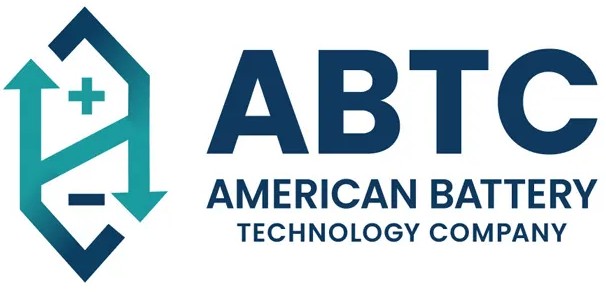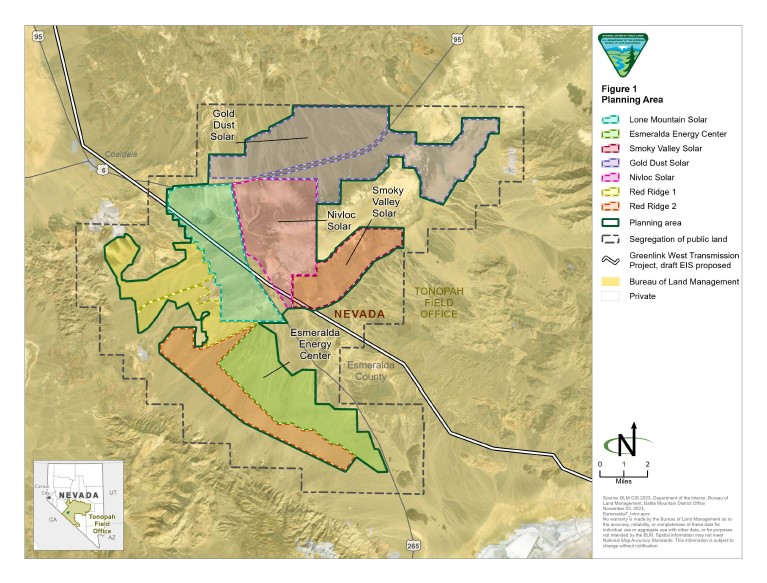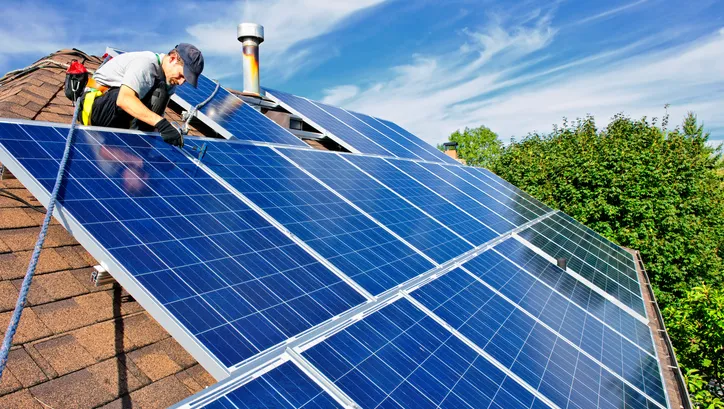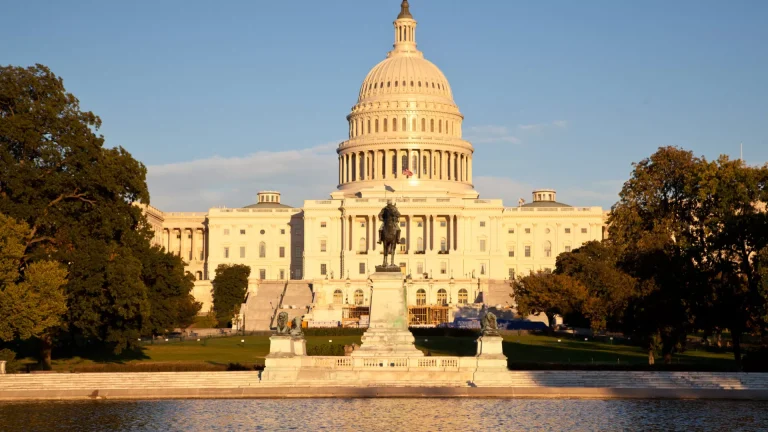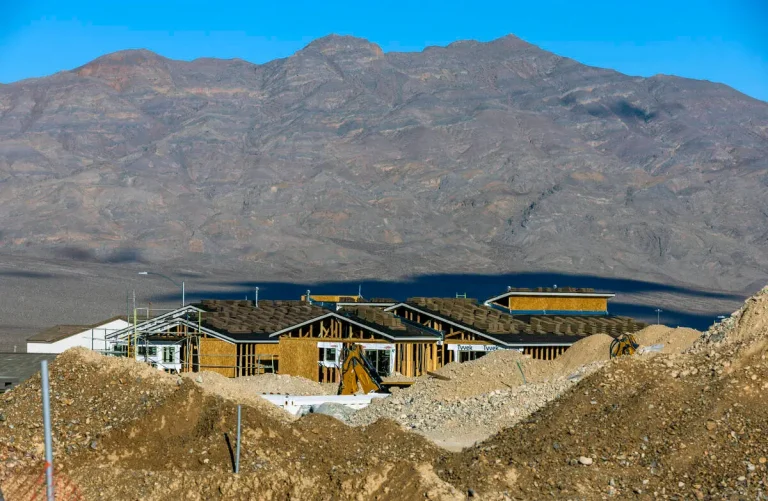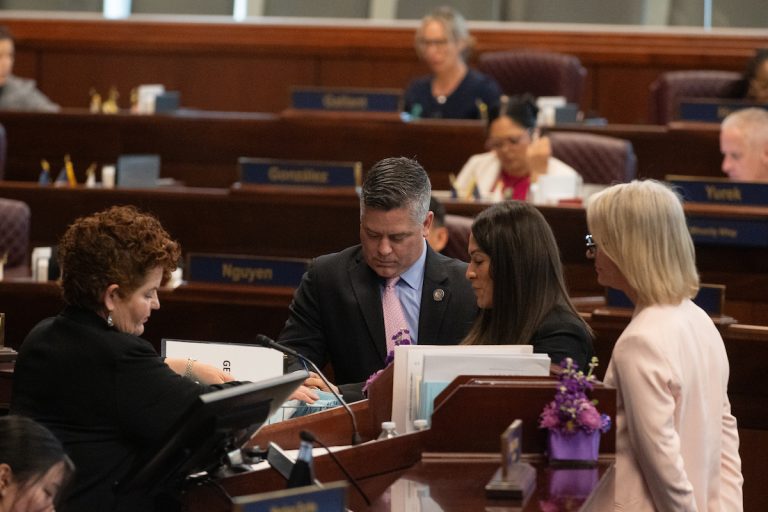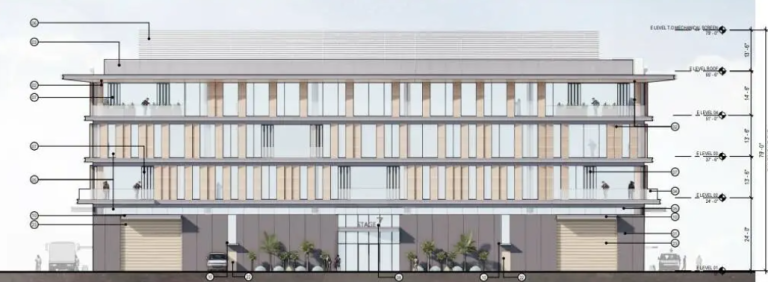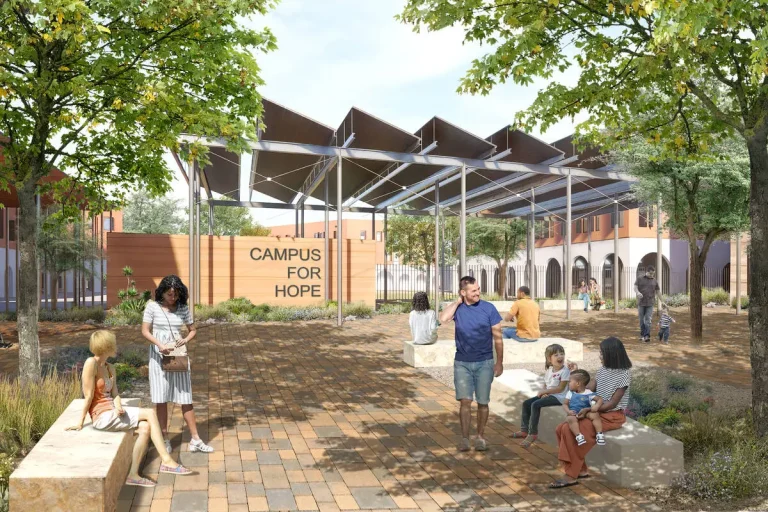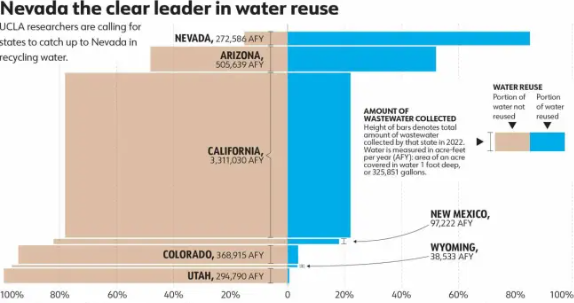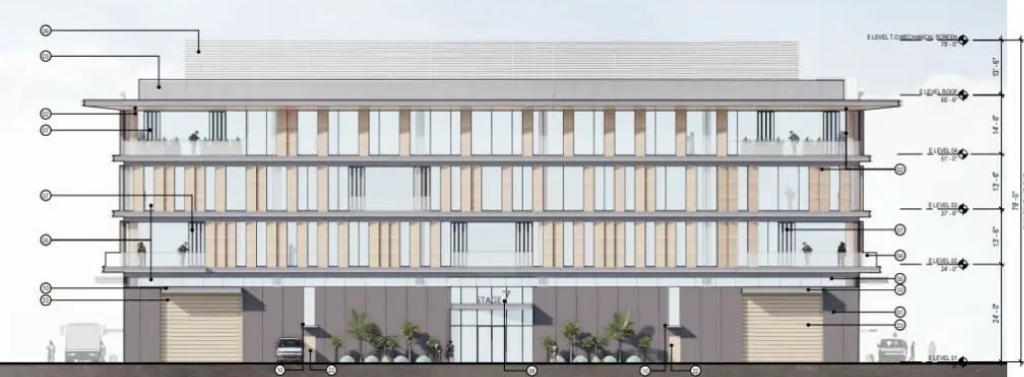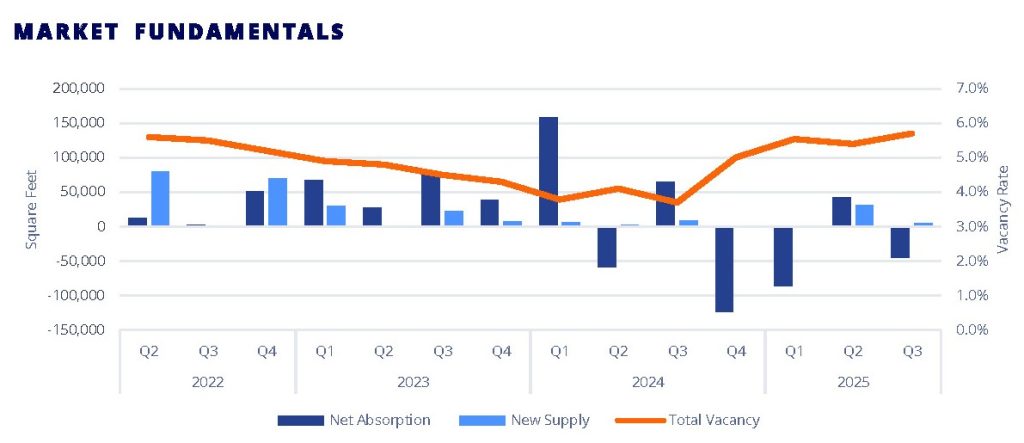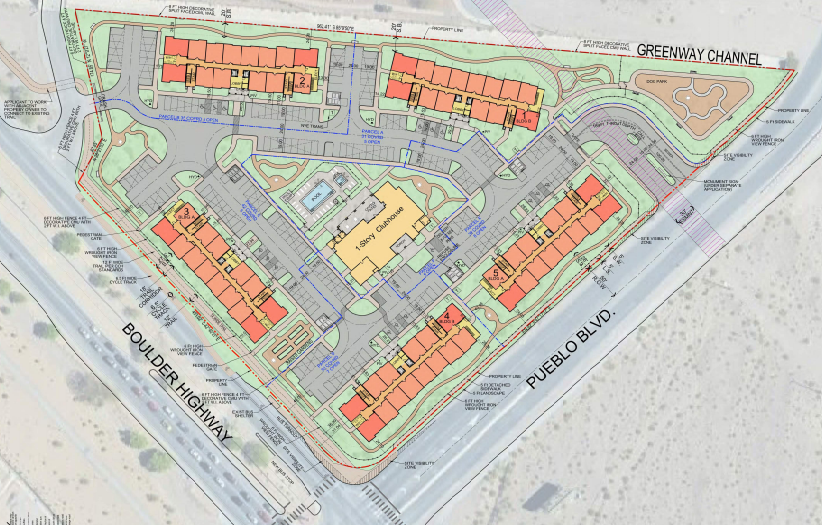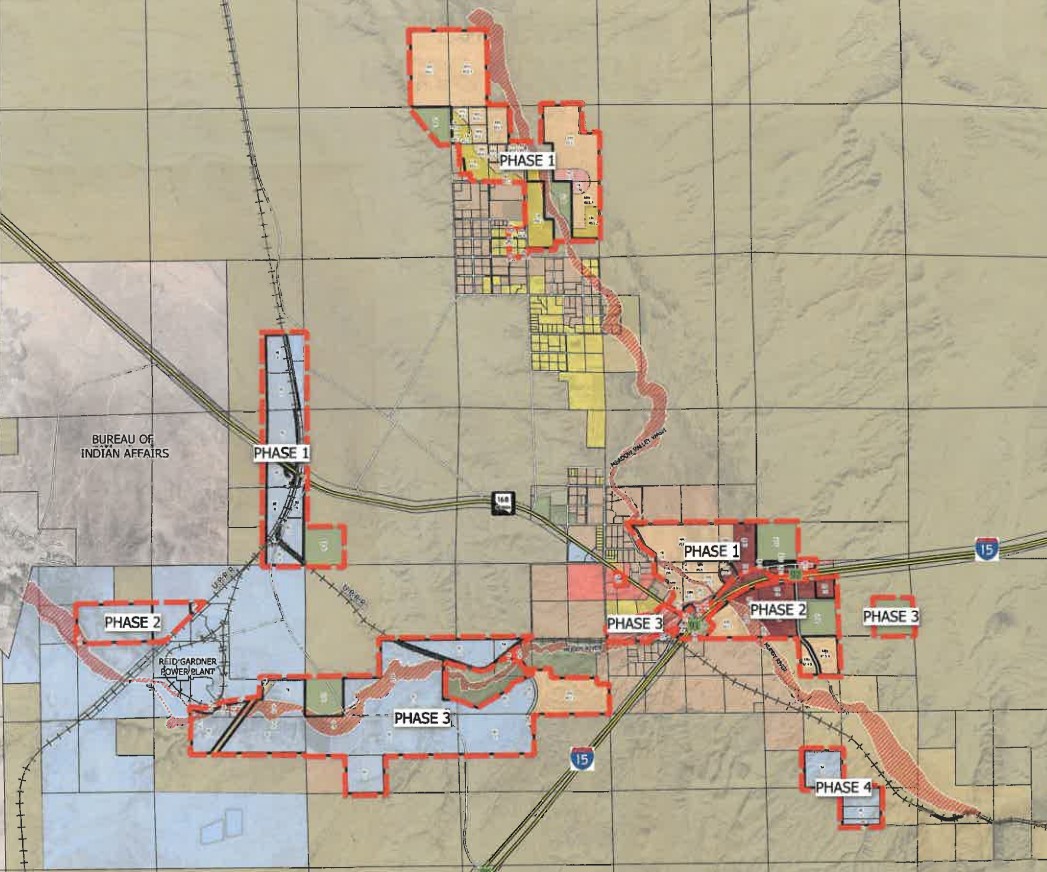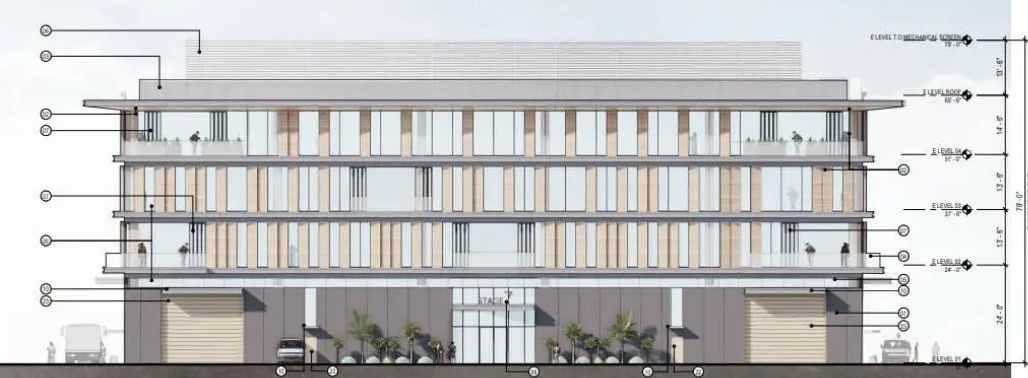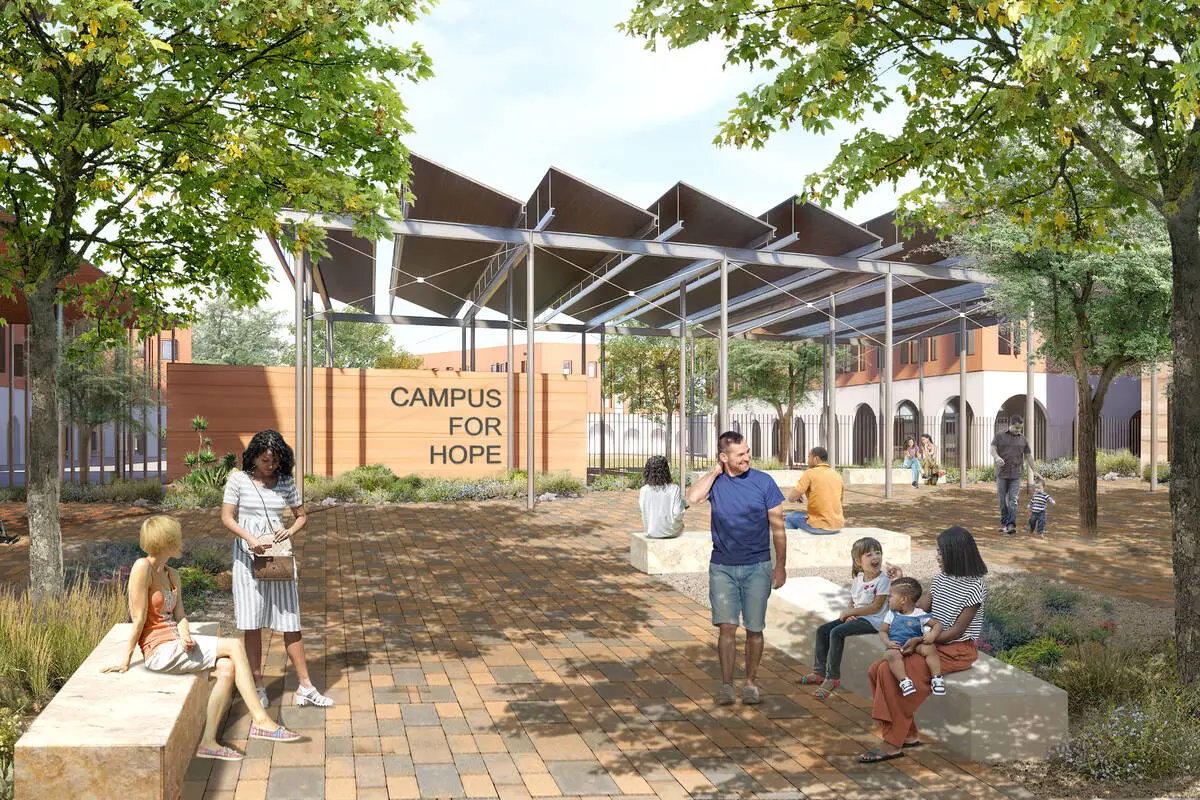The Attorney General’s Bureau of Consumer Protection’s petition to reverse NV Energy’s new demand charge policy has been denied by the Public Utilities Commission of Nevada.
The PUCN approved a draft order on Nov. 18 that will allow the rate change to proceed. A public comment period was held during the meeting that featured roughly an hour of community opposition to the change.
A statement released by NV Energy said, “The Nevada Public Utilities Commission delivered a decision today that reaffirms a commitment to fairness for customers that do not have rooftop solar by implementing a new demand charge for Southern Nevada residential and small commercial companies.”
The updated rate charges customers based on the maximum amount of energy used at a single point during the day, as opposed to the total amount of energy consumed.
NV Energy said there is a discrepancy in cost recovery for consumers who utilize solar power. According to the utility company, the discrepancy leads to non-rooftop solar customers paying the difference.
The change anticipates rooftop solar customers will face an average monthly price increase of $12. The PUCN and NV Energy expect non-solar customers to experience a decrease in rates.
As customers will now be charged solely for the highest amount of power used at a single time, the service charge has decreased in price.
Greenlink West
The new rate change will assist in funding the utility’s Greenlink West transmission line. The transmission line is said to be a critical facility, which gives the utility the authority to request additional funding throughout the construction process.
PUCN’s approval will allow 50% of the recorded costs for Greenlink to be eligible for inclusion in the rate-change request. (NVBEX, Sept. 4; Sept. 20; Nov. 1)
The 472-mile transmission line is owned by NV Energy. T&D Power, a contracting company owned by MasTec, is the general contractor. The project is expected to cost $4.2B and be able to transfer roughly 4,000 megawatts.
The new policy will be implemented in April 2026.








